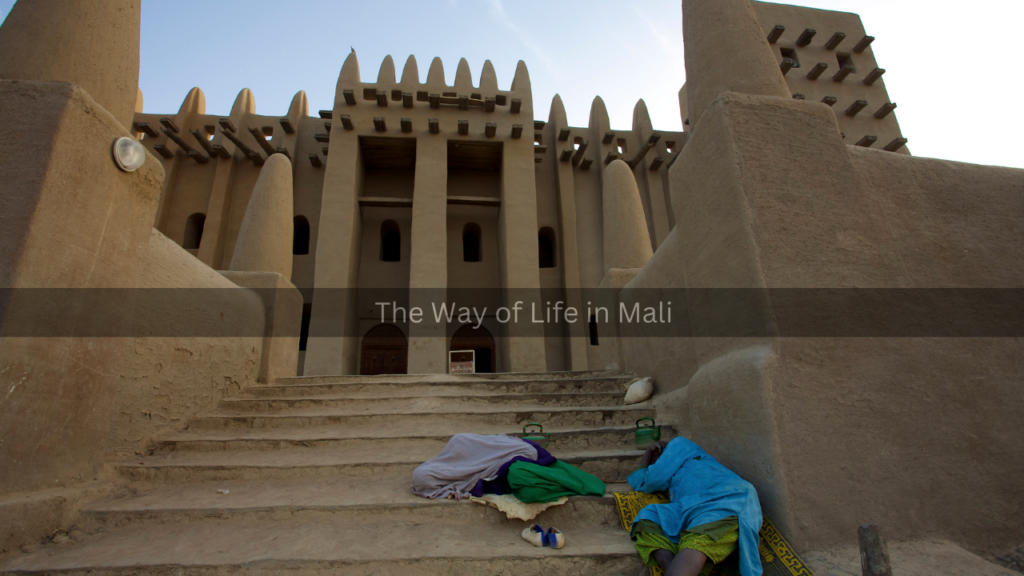
Mali, a landlocked country in West Africa, is renowned for its rich cultural heritage and deep-rooted traditions. The way of life in Mali is a tapestry woven with ancient customs and practices that have been passed down through generations. However, as modernity encroaches, the country faces unique challenges that threaten to reshape its traditional lifestyle. Understanding this dynamic interplay between tradition and modernity is crucial for appreciating the complexities of life in Mali.
Traditional Practices
Malian culture is deeply intertwined with its traditions, which manifest in various aspects of daily life. The country’s diverse ethnic groups, including the Bambara, Fulani, Tuareg, and Songhai, each contribute their unique cultural practices, yet they share common threads in their ways of life. Agriculture is the backbone of Malian society, with many families relying on subsistence farming. Traditional crops like millet, sorghum, and rice are staples, and farming techniques have been honed over centuries. Rituals and ceremonies tied to the agricultural calendar are central to community life, marking planting seasons and harvests with elaborate festivities.
In Mali, traditional medicine plays a significant role in healthcare. Herbal remedies and spiritual healing are commonly practiced, with local healers and traditional doctors (known as “n’gamas”) holding esteemed positions in communities. These practitioners use a deep understanding of local flora and spiritual beliefs to address health issues, from common ailments to more complex conditions. Traditional practices are not only about health but also about preserving a way of life and maintaining a connection to ancestors.
Social structures in Mali are traditionally organized around extended family networks and community bonds. The importance of kinship and communal support is evident in daily interactions and decision-making processes. Elders play a crucial role in guiding and resolving disputes, and ceremonies such as marriages and naming ceremonies are celebrated with significant cultural rituals.
Modern Challenges
Despite the resilience of traditional practices, Mali faces considerable modern challenges that impact its way of life. One of the most pressing issues is the struggle to balance tradition with modernization. Rapid urbanization and globalization introduce new lifestyles and technologies that can conflict with traditional values. The influx of Western-style education and employment opportunities often leads to a generational divide, where younger Malians may seek careers in urban areas, leaving behind rural traditions.
Healthcare in Mali is another area where traditional practices and modern challenges intersect. While traditional medicine remains widely respected, the healthcare system faces numerous hurdles. Limited access to modern medical facilities, insufficient healthcare infrastructure, and a shortage of medical professionals exacerbate health disparities. Efforts to integrate traditional and modern medicine have been made, but challenges persist in achieving equitable healthcare for all.
Additionally, Mali’s economic and political instability has significant repercussions on daily life. Conflicts and political unrest can disrupt agricultural practices, displace communities, and strain resources. These issues complicate efforts to maintain traditional lifestyles and address modern needs.
Navigating the Future
As Mali navigates the complexities of blending traditional practices with modern demands, it faces the challenge of preserving its cultural heritage while embracing progress. Initiatives aimed at improving healthcare, education, and economic opportunities are essential for addressing the needs of the population while respecting traditional values.
The future of Mali’s way of life will likely be shaped by how well it can integrate the wisdom of its traditions with the benefits of modern advancements. By fostering dialogue between traditional and contemporary approaches, Mali can strive for a balanced development that honors its rich cultural heritage while addressing the demands of a changing world.